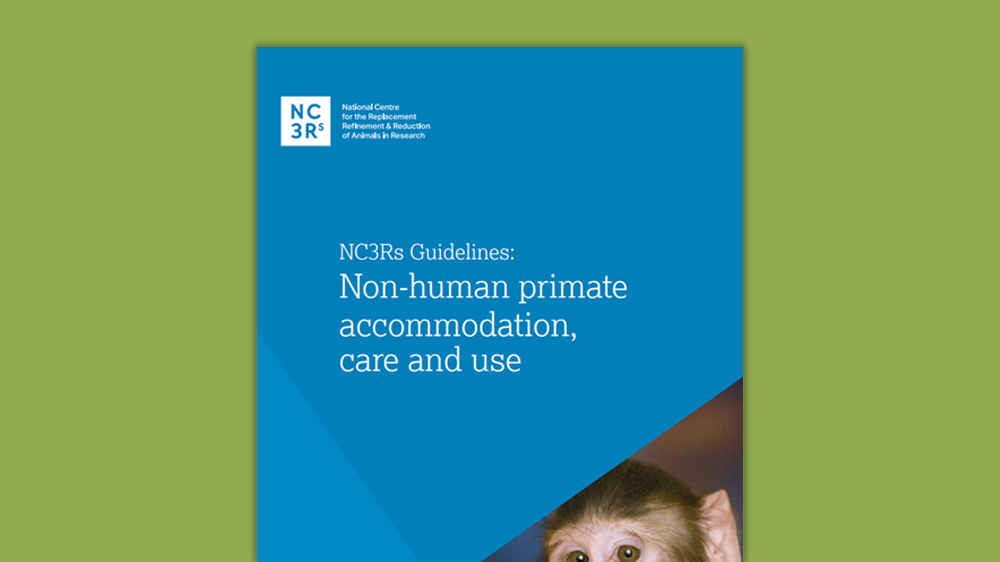The importance of choosing the appropriate type of enrichment, including examples for rodents and zebrafish.
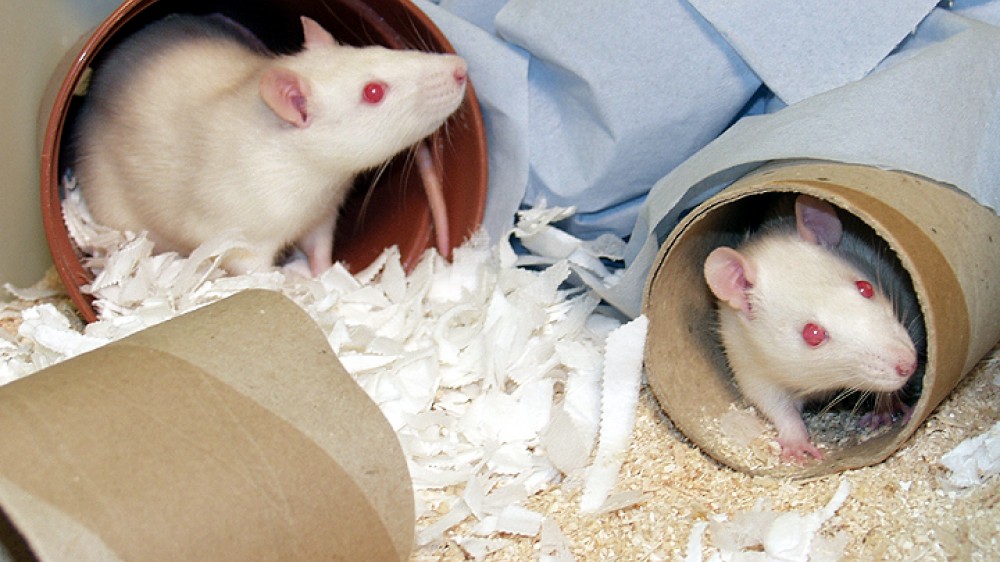
The importance of choosing the appropriate type of enrichment, including examples for rodents and zebrafish.

Questions to consider before you begin a study.

Using ethograms, preference tests and motivation tests to evaluate enrichment, including example protocols.
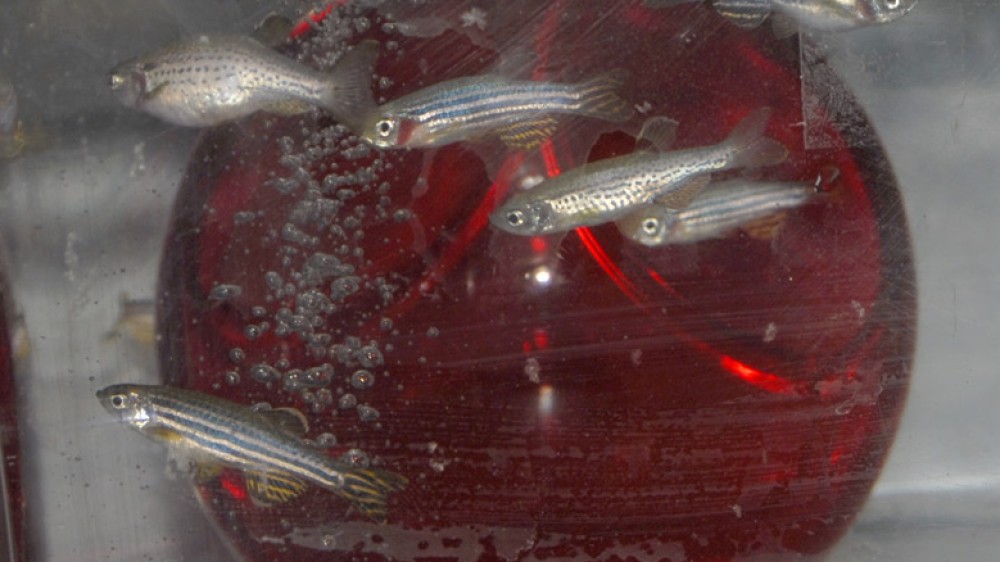
Minimising the influence of bias and understanding the limitations of an evaluation.
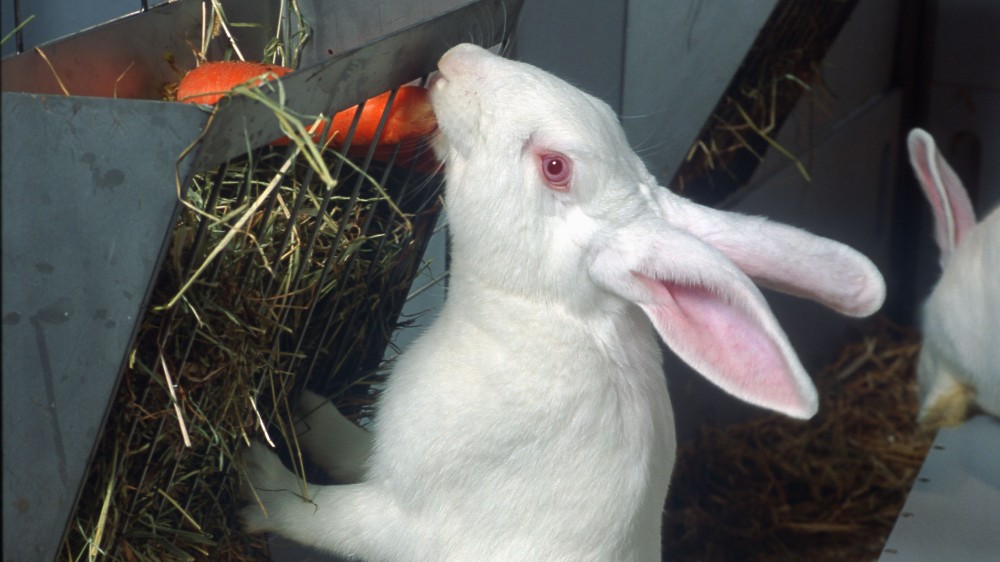
Using what you have learned to benefit the animals in your care and disseminating your findings.
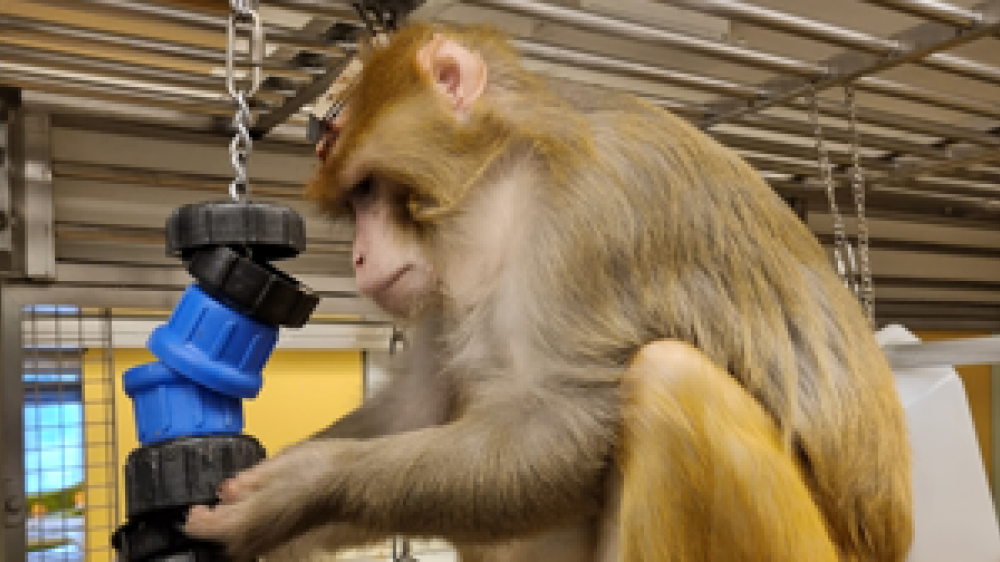
Frequently asked questions about determining whether your enrichment protocol is appropriate and effective.
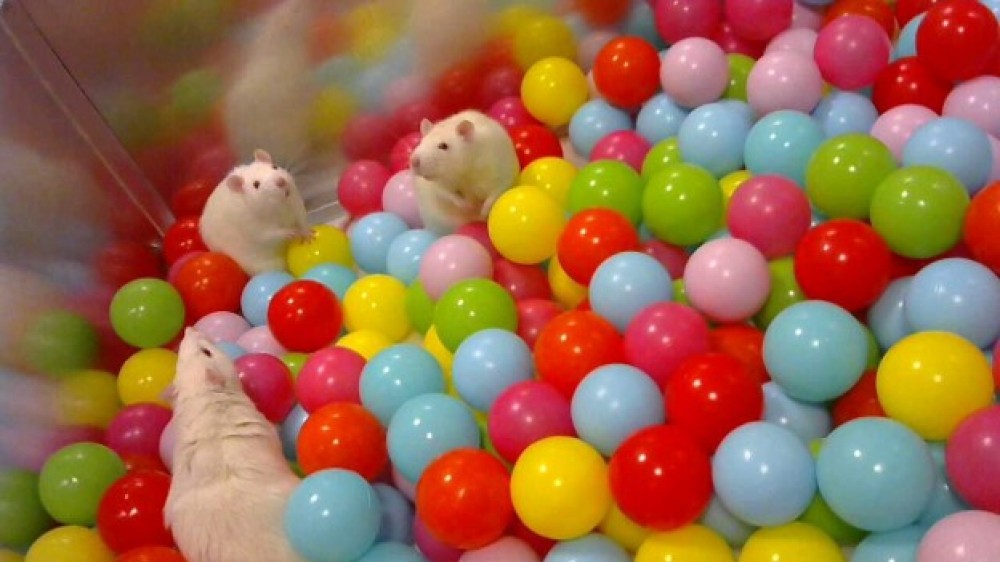
Considerations and resources to support in vivo researchers as they return to working with laboratory animals following a lockdown.
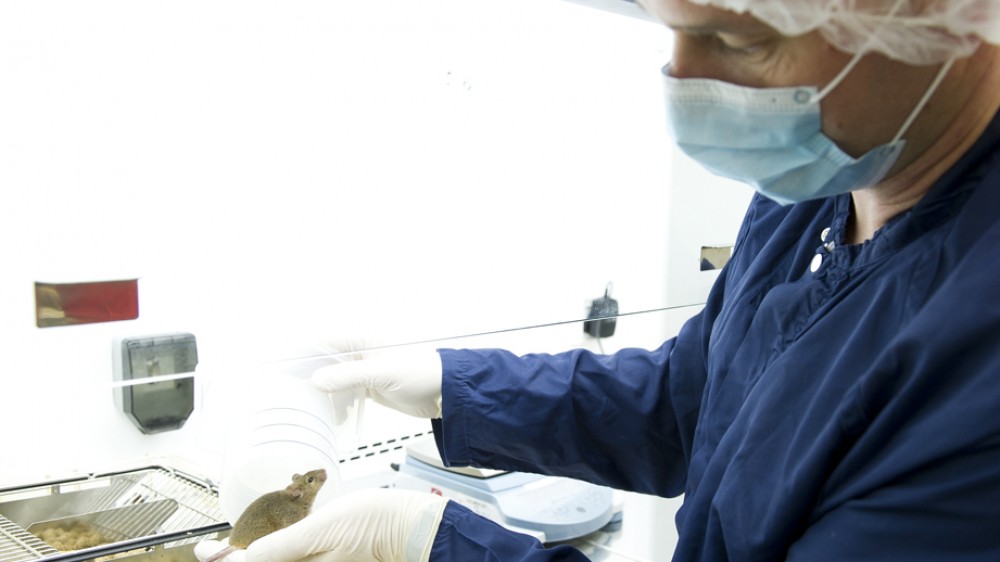
Practical resources to ensure that the 3Rs are considered and kept a priority when services are disrupted.
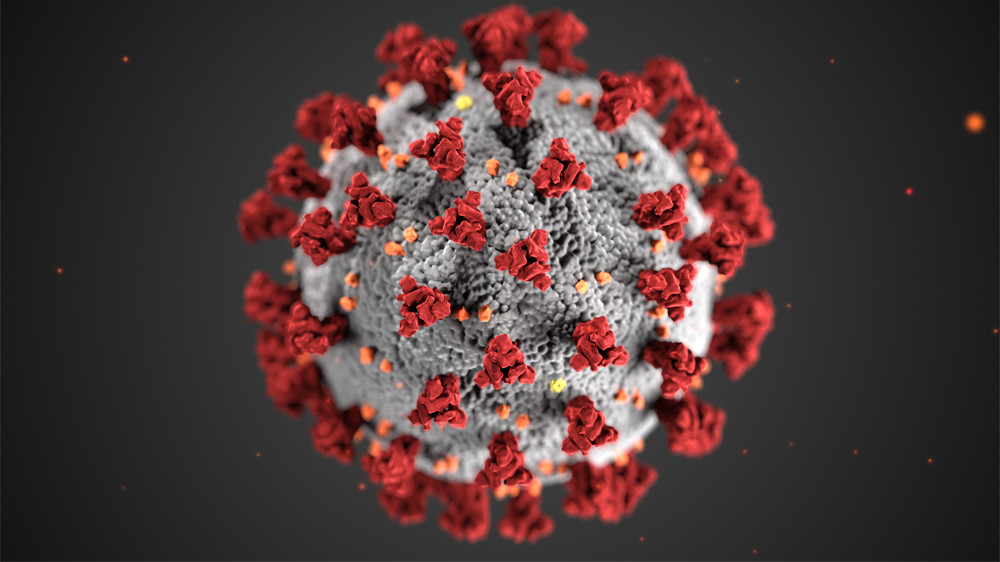
Guidelines for establishing, implementing and refining humane endpoints.
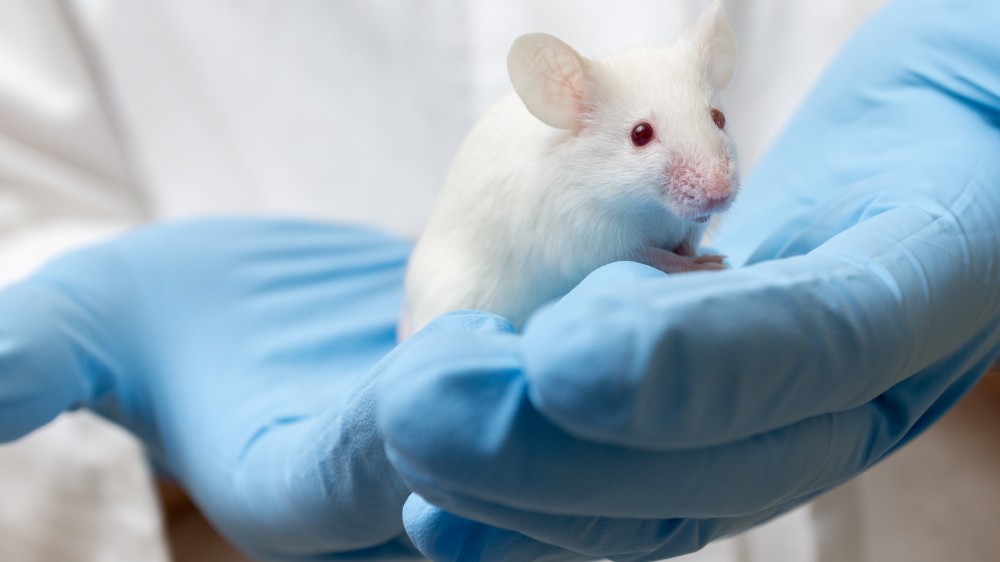
From planning to publication, resources to help you ensure your research is reliable, reproducible and rigorous.

Guidance on choosing the appropriate anesthesia for laboratory animals, including links to further resources.
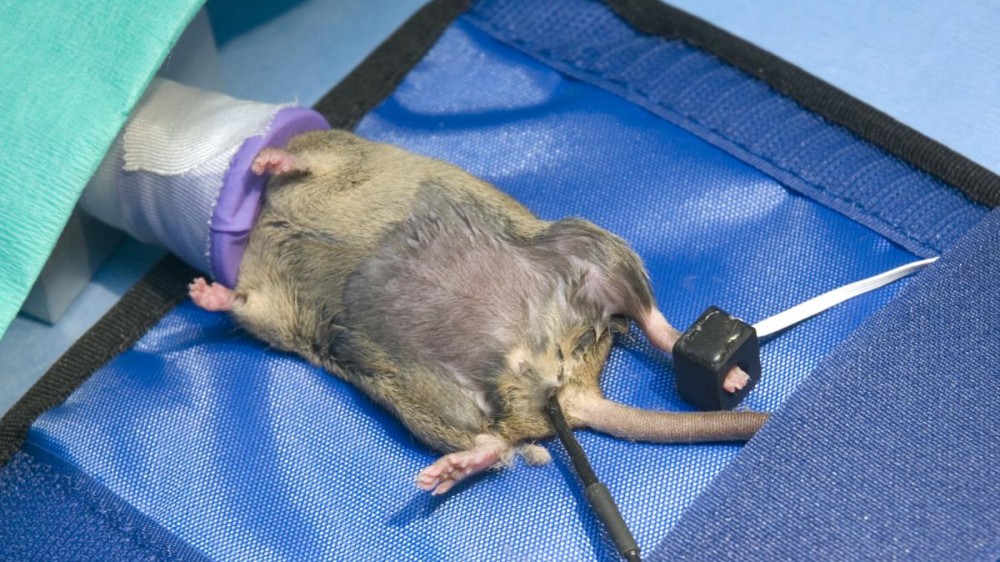
A flyer providing tips in English, Spanish, French and German, as well as links to further resources.
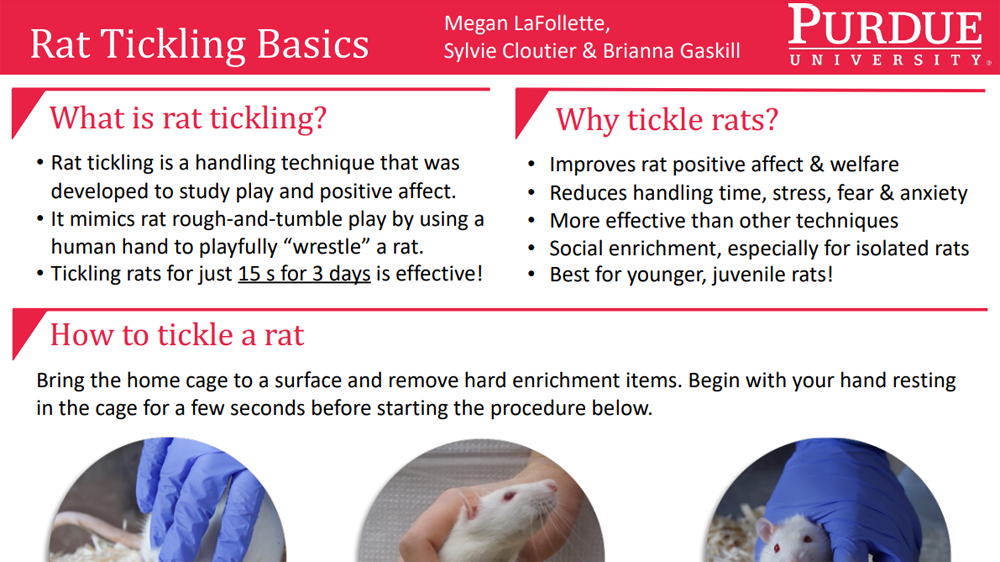
Guidance on the transport of laboratory animals, including non-human primates.
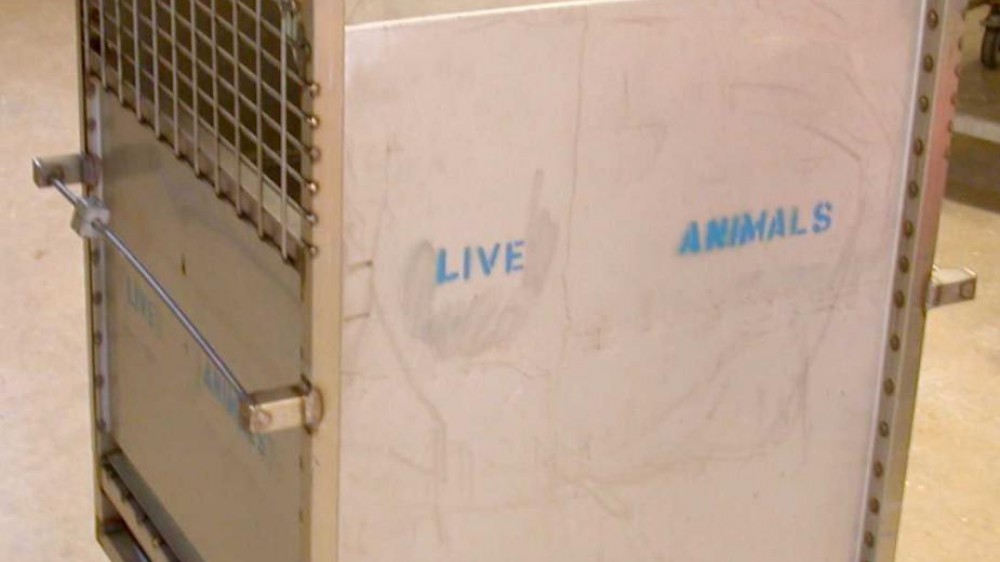
Specifically around re-starting breeding and animal experiments after a pause (e.g. work with mice after the COVID-19 lockdown).

Intermittent breeding should be used instead of constant mating to avoid unnecessary wastage of animals, whilst retaining the ability to breed an
A dedicated website with resources for everyone who works with, or is interested in, laboratory macaques.

For answers to more specific questions about colony management or breeding difficult strains you can email our dedicated advice service.

Learn more about why the single use of needles should be standard practice and how to implement this in your facility.
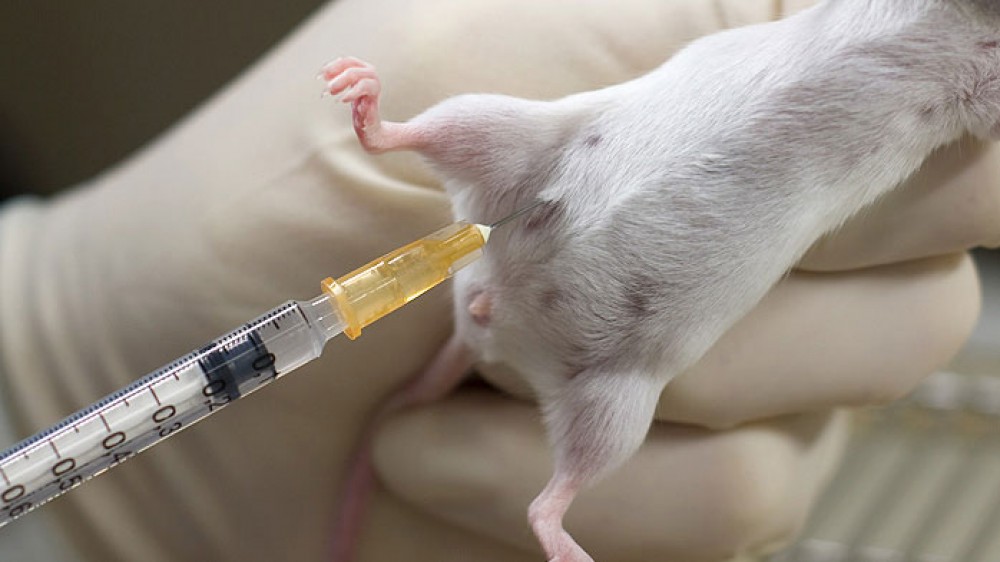
Tips and strategies for rolling out the refined handling methods in your facility.
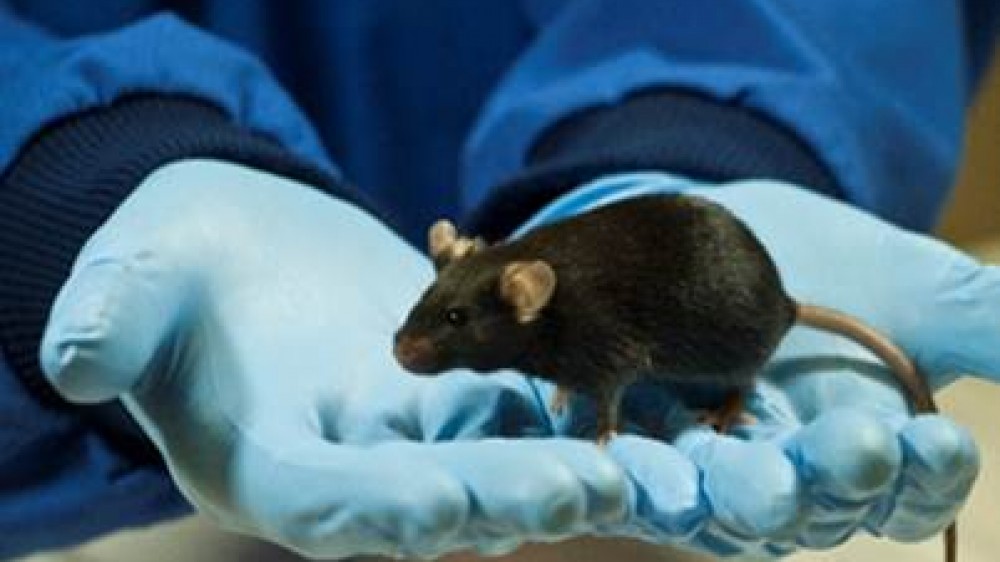
The welfare benefits of double-decker rodent cages in allowing rats to engage in natural behaviours.
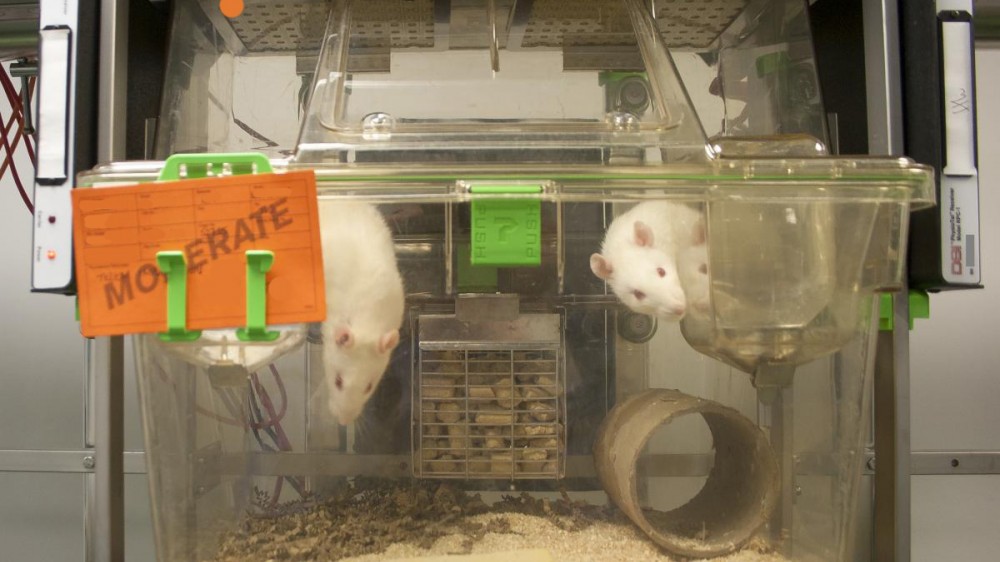
Expectations of the major UK research council and charitable funding bodies for those working with vertebrates in biosciences research.
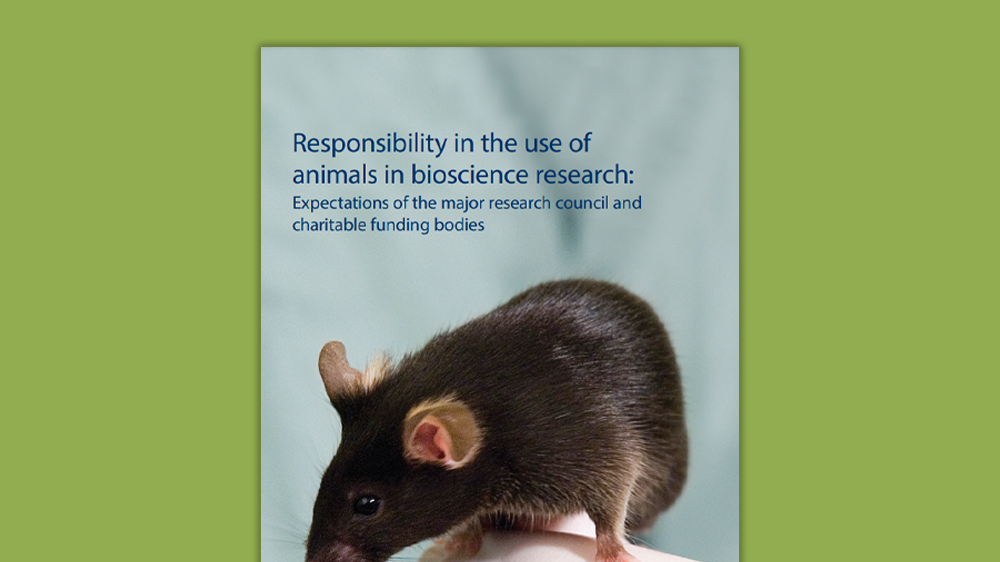
Dr Simon Bate, from Statistical Sciences, GSK, covers a few questions about statistics and the 3Rs that he regularly encounters.

Group housed zebrafish show lower levels of stress and anxiety when they undergo procedures than those who are housed singly.
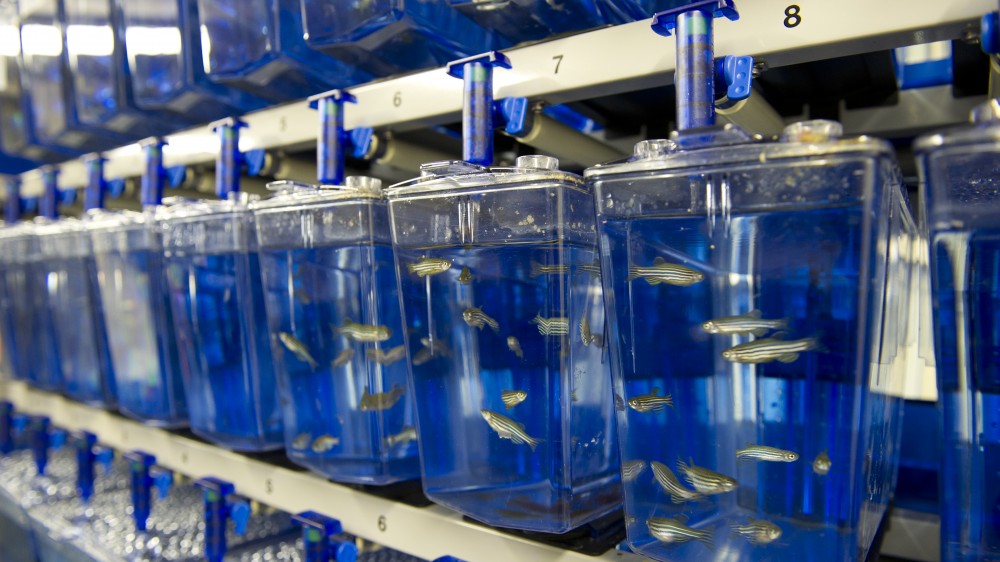
Guidelines on non-human primate accommodation, care and use adopted by the major UK bioscience funders.
